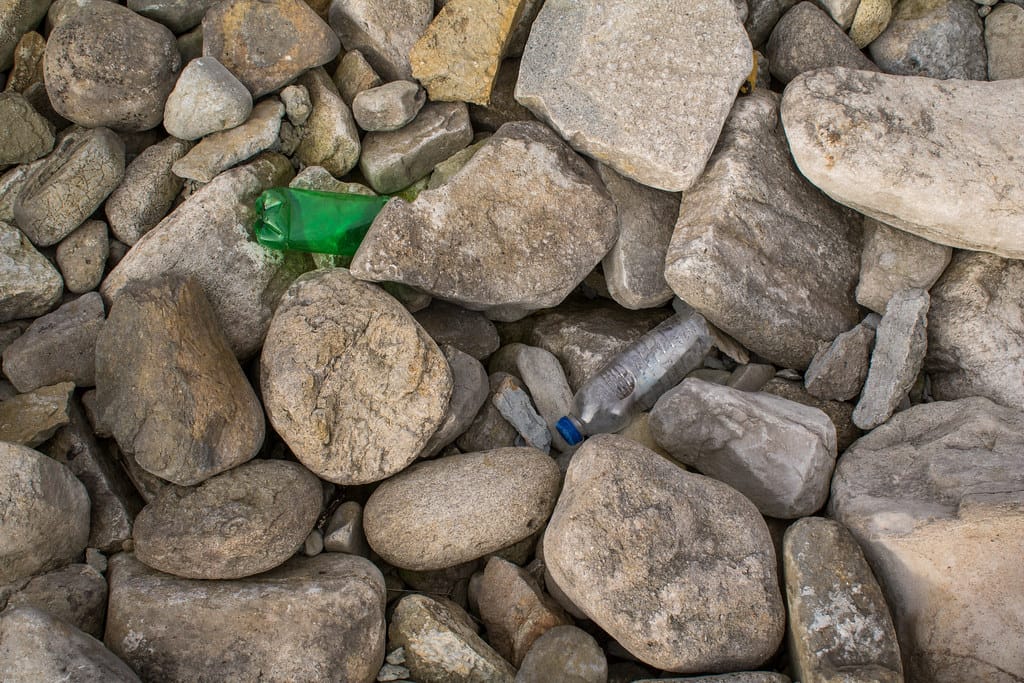Global Plastic Pollution Treaty Talks Collapse: World Fails to Agree on Binding Climate Action
The world's last best hope for a comprehensive global agreement to tackle the plastic pollution crisis appears to be slipping away as high-stakes international negotiations reach an impasse. After years of preparation and mounting environmental pressure, diplomats from nearly 200 countries are struggling to find common ground on what many scientists consider one of the most urgent environmental challenges of our time.
The Stakes Couldn't Be Higher
The numbers paint a stark picture of our plastic predicament. Every minute, the equivalent of a garbage truck full of plastic waste enters our oceans. By 2050, scientists predict there could be more plastic in the sea than fish by weight. With global plastic production exceeding 400 million tons annually—a figure that has doubled since 2000—the window for meaningful action is rapidly closing.
The proposed treaty, officially known as the Global Plastics Agreement, was intended to be the Paris Agreement equivalent for plastic pollution. Environmental advocates had hoped it would establish legally binding targets for reducing plastic production, improving waste management systems, and holding corporations accountable for their packaging choices.
Where Negotiations Have Stalled
Production Limits vs. Waste Management
The primary fault line in negotiations centers on whether the treaty should cap plastic production or focus solely on improving waste management and recycling. Oil-producing nations, led by Saudi Arabia and Russia, argue that the problem lies not with plastic itself but with inadequate disposal systems. They've pushed for voluntary targets and technology-focused solutions.
Meanwhile, a coalition of over 60 countries—including European Union members, small island developing states, and several African nations—insist that meaningful action requires mandatory production limits. These "High Ambition Coalition" countries point to research showing that recycling alone cannot solve the crisis, with current global recycling rates hovering around just 9%.
Corporate Accountability Measures
Another major sticking point involves extended producer responsibility (EPR) schemes, which would require companies to pay for the entire lifecycle of their plastic packaging. Industry representatives have lobbied heavily against such measures, arguing they would stifle innovation and increase consumer costs.
The European Union's recent experience offers a preview of what's possible: their single-use plastics directive, implemented in 2021, has already reduced plastic bag usage by 70% in participating countries and spurred innovation in alternative materials.
Economic Realities Behind the Deadlock
The economic stakes help explain the negotiation deadlock. The global plastics market is worth over $750 billion annually and directly employs millions worldwide. Petrochemical companies have invested heavily in new plastic production facilities, with planned expansions potentially increasing global capacity by 30% over the next decade.
However, the cost of inaction may be even higher. A recent study by the Pew Charitable Trusts estimated that without dramatic policy intervention, annual plastic waste could triple by 2040, imposing cleanup costs of over $139 billion globally.
What Failure Would Mean
The collapse of these negotiations would represent more than just a diplomatic setback. Small island nations already facing rising seas from climate change view plastic pollution as an existential threat to their tourism-dependent economies and marine ecosystems.
Kenya's environment minister captured the urgency during recent talks: "We cannot negotiate with nature. While we debate production limits, microplastics are already in our food chain, in our blood, in our children."
The Path Forward
Despite the current impasse, some progress has emerged from the negotiations. Countries have agreed on improving data collection standards and establishing a global monitoring system for plastic pollution. Several nations have also committed to bilateral agreements that could serve as building blocks for future multilateral action.
Technical working groups continue to develop guidelines for plastic alternatives and waste-to-energy systems, suggesting that even without a comprehensive treaty, incremental progress remains possible.
A Defining Moment for Global Cooperation
The failure to reach consensus on plastic pollution reflects broader challenges in multilateral environmental governance. Unlike climate change, where emissions sources are relatively clear, plastic pollution involves complex global supply chains, varied national waste management capacities, and deeply entrenched consumer behaviors.
As negotiators prepare for what may be final discussions, the world watches to see whether international cooperation can rise to meet one of the defining environmental challenges of our time. The cost of continued deadlock—measured in marine life, human health, and economic damage—grows with each passing day.

